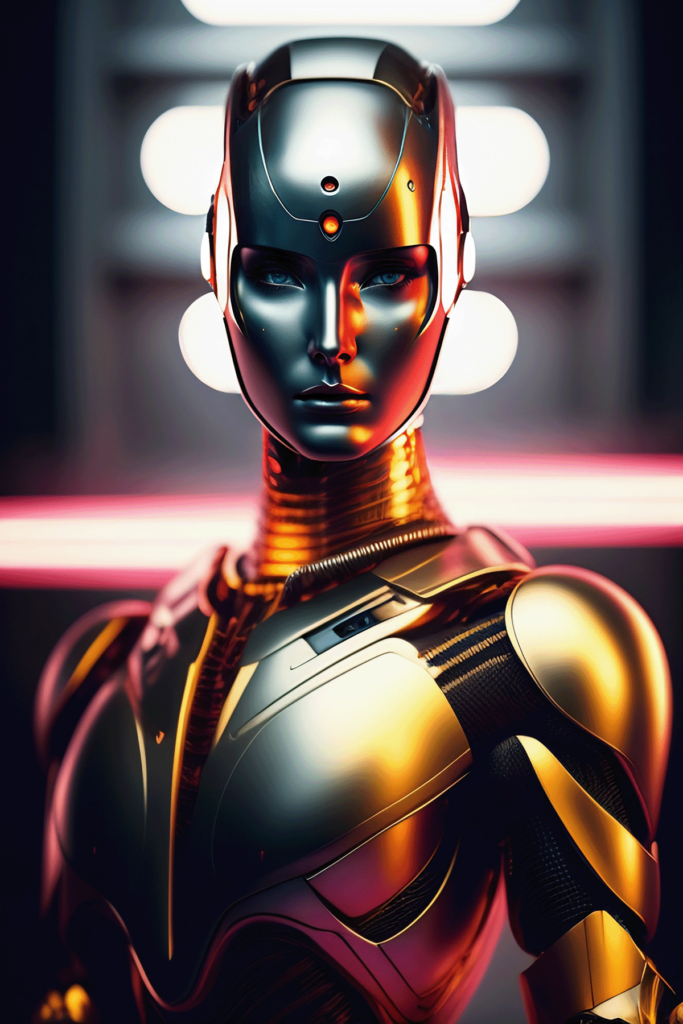In today’s fast-paced world, the integration of artificial intelligence (AI) is reshaping industries and transforming the way we work. While some may view AI as a threat to employment, we firmly believe that AI will be a boon to our workforce, enhancing productivity and creating new opportunities. In this article, we explore the positive impact of AI on the job market, debunking the myths and highlighting the potential for AI to augment human capabilities.
The AI Revolution: Separating Fact from Fiction
Dispelling the 24 Million Job Loss Myth
Recent discussions have centered around a sensational claim that AI will supersede 24 million jobs by 2030, causing widespread unemployment. However, it’s essential to dissect this claim and understand the nuances.
Contrary to the alarmist narrative, AI isn’t poised to replace jobs wholesale. Instead, AI technologies are set to automate specific tasks, enabling humans to focus on more complex, creative, and value-added work. This nuanced perspective underscores the importance of embracing AI as a tool to enhance job roles rather than eliminating them.
The Synergy of Man and Machine
One critical aspect often overlooked is the symbiotic relationship between humans and AI. AI’s ability to process vast amounts of data and perform repetitive tasks with precision complements human ingenuity. The result? A more efficient and effective workforce.
Imagine a future where AI-powered systems handle routine administrative duties, freeing up employees to engage in strategic decision-making, problem-solving, and innovation. This synergy between man and machine not only improves job satisfaction but also drives overall productivity and economic growth.
Navigating the Transition
Upskilling and Reskilling: The Path Forward
To fully harness the potential of AI, individuals and organizations must prioritize upskilling and reskilling. As AI automates certain tasks, it opens up new opportunities in areas like AI development, data analysis, and AI ethics. Embracing these changes through continuous learning ensures that individuals remain competitive in the job market.
Businesses, too, play a pivotal role in this transition. By investing in employee training and development programs, they can foster a culture of adaptability and innovation, positioning themselves as leaders in the AI-driven economy.
AI and Job Creation
It’s important to emphasize that AI doesn’t merely replace jobs—it also creates them. The AI industry itself generates a multitude of job opportunities, ranging from AI research and development to AI ethics and policy-making. Furthermore, as AI becomes more integrated into various sectors, it catalyzes the growth of new industries and markets, spurring job creation.
The Road Ahead
Ethical AI Adoption
As we embrace AI’s potential, it is paramount to prioritize ethical AI adoption. Ensuring transparency, fairness, and accountability in AI systems is essential. Moreover, responsible AI development safeguards against biases and discriminatory practices, fostering a just and inclusive job market.
A Collaborative Future
In conclusion, the idea that AI will supersede 24 million jobs by 2030 should not be perceived as a doomsday prophecy. Instead, it is an opportunity for us to evolve, adapt, and thrive in a rapidly changing landscape. By leveraging AI as a tool for augmentation, investing in education and upskilling, and promoting ethical AI practices, we can create a future where humans and AI coexist harmoniously, driving progress and prosperity for all.
